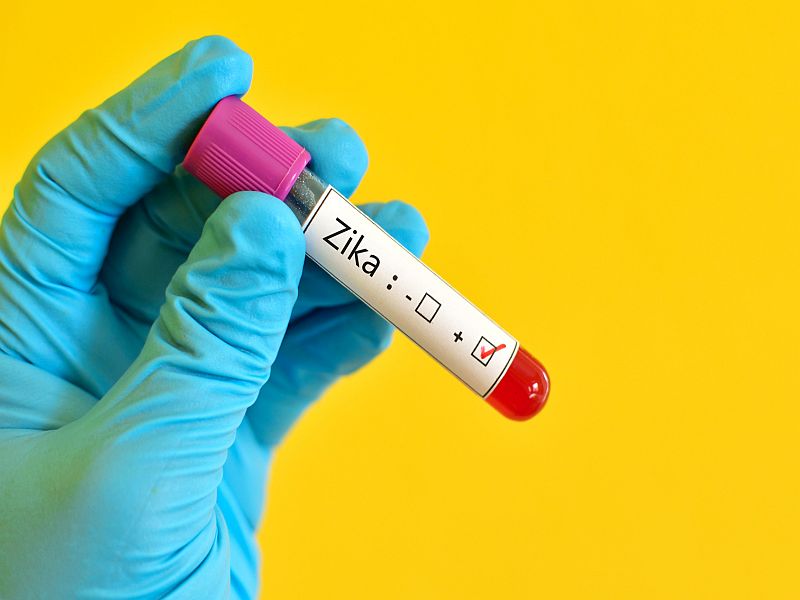FDA Scientists Develop Mouse Mannequin for Zika Analysis

Newest Infectious Illness Information
FRIDAY, Nov. 18, 2016 (HealthDay Information) -- A mouse pressure developed by U.S. authorities scientists might assist pace up analysis into vaccines and coverings for the Zika virus, researchers report.
New child mice of the brand new pressure created by U.S. Meals and Drug Administration researchers are inclined to Zika and develop neurological signs inside 12 days after an infection.
However the mice finally recuperate from the an infection, so they supply a possibility to check Zika's long-term results in addition to one other technique to assess experimental vaccines and coverings, the scientists mentioned.
"There are various unanswered and important questions on how the Zika virus works, together with the long-term affect," Daniela Verthelyi, chief of the FDA's Laboratory of Immunology, mentioned in an company information launch.
"This mouse mannequin provides researchers a brand new device to check and perceive how the Zika virus replicates and spreads within the physique, which we hope will present these essential solutions," mentioned Verthelyi, who led the company's improvement of the brand new mouse pressure.
The analysis is described in a report revealed Nov. 17 within the journal PLoS Pathogens.
"Whereas previous analysis indicated that solely mice with compromised immune programs are inclined to Zika virus an infection, this research reveals that neonatal mice with in any other case wholesome immune programs are additionally inclined," in line with the FDA information launch.
It is vital to notice, nevertheless, that research executed with animals usually fail to supply related leads to individuals.
Whereas most adults who're contaminated with Zika expertise solely delicate signs, 1000's of infants have been born with Zika-linked delivery defects, largely in Brazil, for the reason that outbreak started in April 2015. Probably the most devastating of those defects is microcephaly -- when infants are born with abnormally small heads and underdeveloped brains.
-- Robert Preidt

Copyright © 2016 HealthDay. All rights reserved.
SOURCE: U.S. Meals and Drug Administration, information launch, Nov. 17, 2016
No comments:
Post a Comment